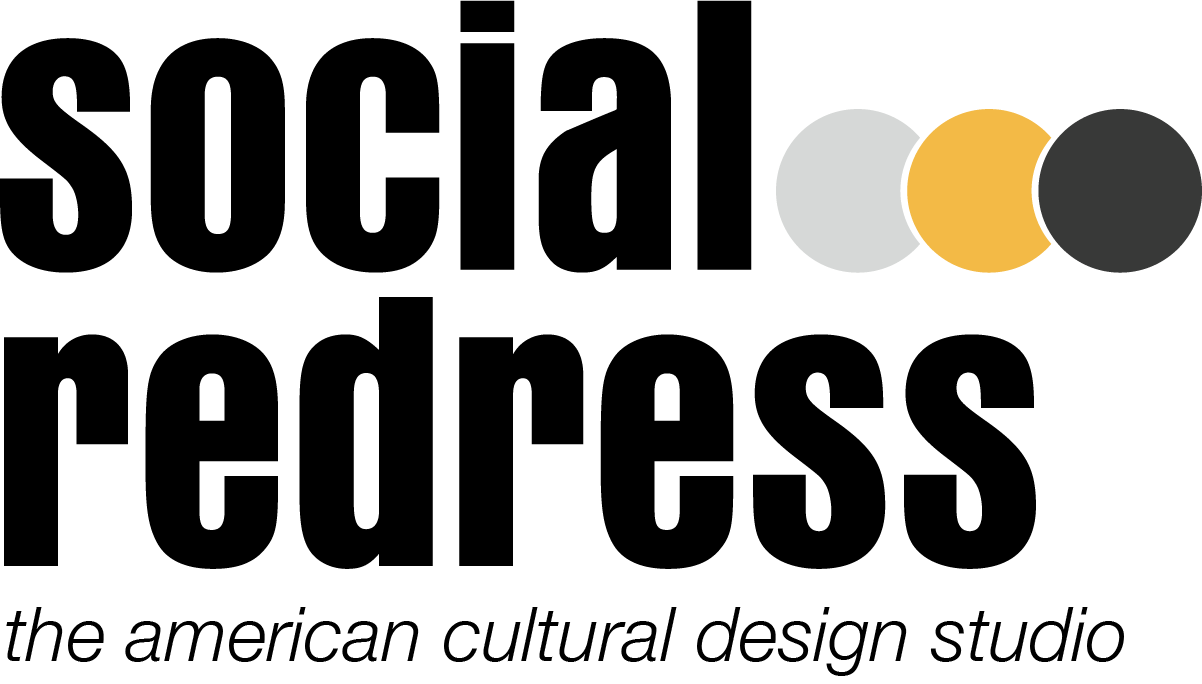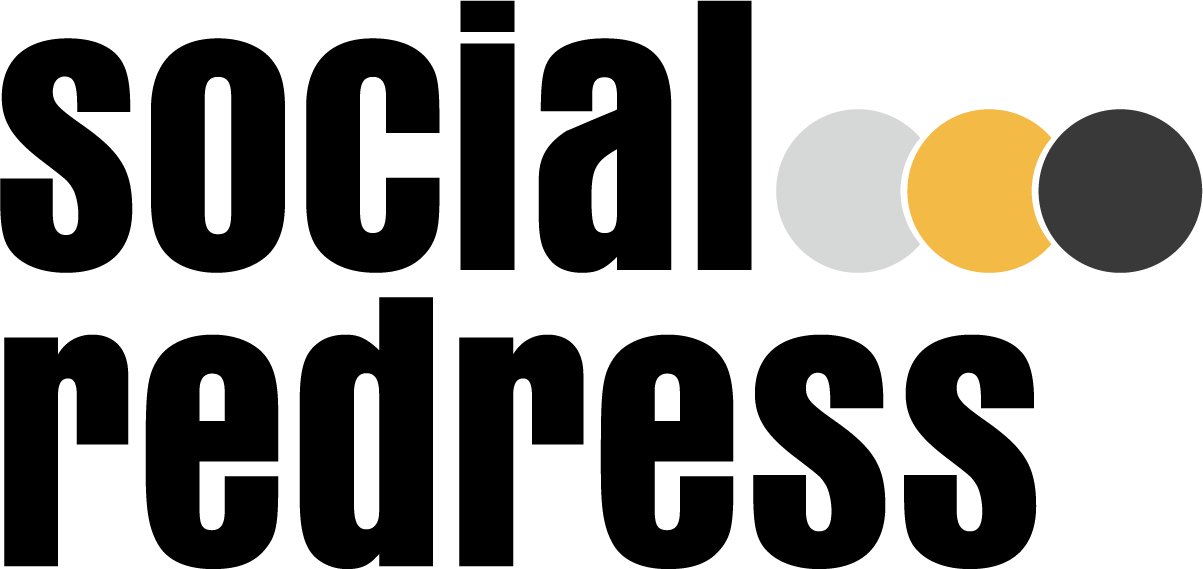Take Chances! Make Mistakes! Get Messy! Reflections on Intrepid Pedagogy
Last Updated: Sept 2021
Knowledge production is not limited to the creation of “knowledge” as an abstract concept. It also extends to the shaping of the agents of that knowledge. Whether or not this is done effectively directly contributes to how knowledge can be produced presently and in the future. Fostering an agent of knowledge is not merely a matter of professing, receiving, and reproducing. Instead, it is nebulous, palimpsestic, and intellectually taxing. But it is through the epistemic cartography, through the erasures and revisions, through the utter mental exhaustion, and through the confrontation of our comfort with harsh realities that we come to resolve, question, or even reject what we thought we once understood.
Failure to see knowledge production as such is an error of the first order. Pedagogy is underscored by a surfeit of theories, scientific models, and philosophies about how we come to know. Frequently, educators attempt to outfit our classrooms and syllabuses with all of the latest lingo, technology, and activities to get our students to know better. Sure this can be useful. But perhaps approaching learning and knowing needn't be this complicated?
The childrens’ animated classic The Magic School Bus (TMSB) is exemplary of the messiness of knowledge attainment and the production of knowledge-agents in an albeit, wacky, G-rated framework. The series follows the intrepid elementary school teacher, Ms. Frizzle, and her small, diverse class as they embark on larger-than-life field trips to learn about various topics. Quite literally, the Friz and her pupils traverse the perilous landscapes of the world, hashing ideas through trial and error until ultimately they learn the academic concept, resolve the episodic conflict, and return to homeroom.
We’d all be better served to remember the legendary mantra of Ms. Frizzle: “Take chances! Make mistakes! Get messy!” These words are a profound yet pithy pathway to trek the arduous journey of knowledge attainment. Yet recently, this has not been the baseline in many classrooms across the nation at both the K-12 and university levels. Whether it be student self-censoring, lack of viewpoint diversity from faculty, or attempts to silence controversial opinions, it is fair to say that students are not readily taking chances for fear of making mistakes. How then can they embark on the risk-ridden road towards becoming knowers?
Dissent & Critique
I distinctly recall this interaction with a student whilst TAing for a sociology course in the fall of 2019: The instructor had assigned a short paper with guided prompts (and guided they were) regarding a news article about gender. Unsurprisingly, I spent the weekend grading about a hundred essays that regurgitated what the instructor had said in lecture from identical perspectives, never questioning or daring to suggest a critique. However, there was one paper that was quite dissonant. The culprit? This particular student clearly had an oppositional argument to the prompts and the article, yet he was trying to force a case based on what he thought I, the grader, wanted to hear. I notified the student of the obvious tension in his writing and asked him to resubmit the essay with what he actually wanted to say. To be clear, the final draft was no fount of eloquent wisdom, but was much more thoughtful and competent than the original.
This example should not be confused as a suggestion that students should only write from their own unique perspectives, rather it is to exemplify that our current university is not encouraging discursive thought inasmuch as it is brewing dogma.
Discourse is the space wherein knowledge is created, and it is not a one-way street. Effective discourse requires two things to vet the claim: critique and dissent. While dissent challenges us to contend with possible alternatives resulting in more thoughtful engagement and more accurate decision making, critique allows us to thoughtfully evaluate something on its own terms by placing ourselves within its orientation, locating its limits, and seeking improvements. Consensus is rare. And consensus arrived upon through the quelling of dissent is no consensus indeed. Rather than being afraid to speak the controversial or opine erroneously, students—and faculty— should be welcomed to interrogate what is placed before them and dare to get messy.
Sure, dissent and critique can be disconcerting; being proven wrong is humbling. TMSB also gracefully tackles the latter ending each episode relaying any factual errors that may have been made in previous episodes, often pointed out by viewers.
Encounters with the uncomfortable force us to reevaluate our personal certainties that constrain our sense of openness and possibility. Now, some may say these “refusals” are enacted out of concern for student safety. Yet that presupposes that our students are incapable of intellectually persevering through discomfort and preemptively removes the challenge. While TMSB is no glowing example of student safety, the character of Arnold helps us navigate this argument. His catch phrase “I knew I should’ve stayed home today” is uttered like clockwork when the class adventure becomes too uncertain or uncomfortable for him. Yet in the end, his peers and teacher ensure that he comes out on the other side relatively unscathed having demonstrated his competence and having learned something new in the process.
Intellectual conflict may be unsavory or even frightening. Yet therein resides the potential to foster generative discourse and growth. Instructors, therefore, must be prepared to manage these engagements, not discourage them. Taking a page from feminist epistemology, it is through these engagements with a variety of perspectives, lenses, and standpoints that we ultimately can arrive at a truer place of knowing.
So, returning to the 90s animated wisdom of the Friz, how can instructors use this in the classroom to promote knowledge production through open engagement? For students to take chances, make mistakes, and welcome getting messy, instructors must alleviate the fear brought about by the hard work of becoming knowers. That requires us to reconcile our role in the knowledge-hierarchy.
Classroom Collaboration
To its credit—apart from its idealism— Pedagogy of the Oppressed challenges us to approach teaching as a collaborative and co-learning endeavor. Emilia Boulton moves this idea further arguing that this can be achieved through the strategic suspension of labels of expertise and working with students on equal footing so that a “critical, collaborative, and constructive” environment can be proffered. In other words, while we are the resident “experts” of our classrooms, we are not infallible academic tyrants wielding a red pen of doom eager to dash the GPAs of those who dare challenge us. Instead we ought to see our role as conductors capable of calmly navigating discursive turbulence arriving together with our students either in resolution or aporia.
Taking any episode of TMSB as an example, you’d be hard pressed to find an instance where Ms. Frizzle isn’t a prime example of actively learning with her class. Becoming an agent of knowledge is a perpetual process. This goes for students and instructors alike. Despite almost inevitably being more versed in the course subject matter than our students, we must not be so possessed by ego or ideological disposition to foreclose the possibility that we too may have more to learn—even if such a realization arises from a student’s dissenting comment.
I'm probably wrong...but that's ok
There is a sacredness to the classroom. It is not a tribunal where students should be concerned with being castigated for wrong-think. It is a space to risk offense and contend with the controversial in the pursuit of something far more rewarding. (Certainly, in the end, there very well might be one correct answer that needs to be understood, particularly in the hard sciences). Like our own, each of Frizzle’s students offers something different. Whether it be D.A.’s research, Wanda’s headfirst approach, or the comic misunderstandings of Carlos and Ralphie, it is clear that each student is invited to offer his/her perspective even if it leads to a dead end.
To foster this, we can be guided by the format of “hush harbor pedagogy” amplifying the parrhesiastic cosigned by virtuous listening. This combination of candid speaking with the promise of being heard preempts an environment of mutual respect and condor. In such an orientation that which is spoken and heard situates itself as an object of discussion rather than a value-judgment of the speakers. This can be difficult to do in a large or lively class, but a simple place to start is preventing interruptions and taking viewpoints through a discursive walkthrough. Whether the matter is resolved expediently for lack of merit or evolves into a more complex engagement, the activity becomes one of epistemic elucidation rather than a character assassination.
Although we may not be equipped with a novelty wardrobe or a magical bus to transport students on the frontlines of every pressing issue as a learning adventure, instructors of any ilk can take inspiration from the Friz as a pedagogical icon in conscientiousness and method to support our students overcome the obstacles of becoming agents and producers of knowledge.

